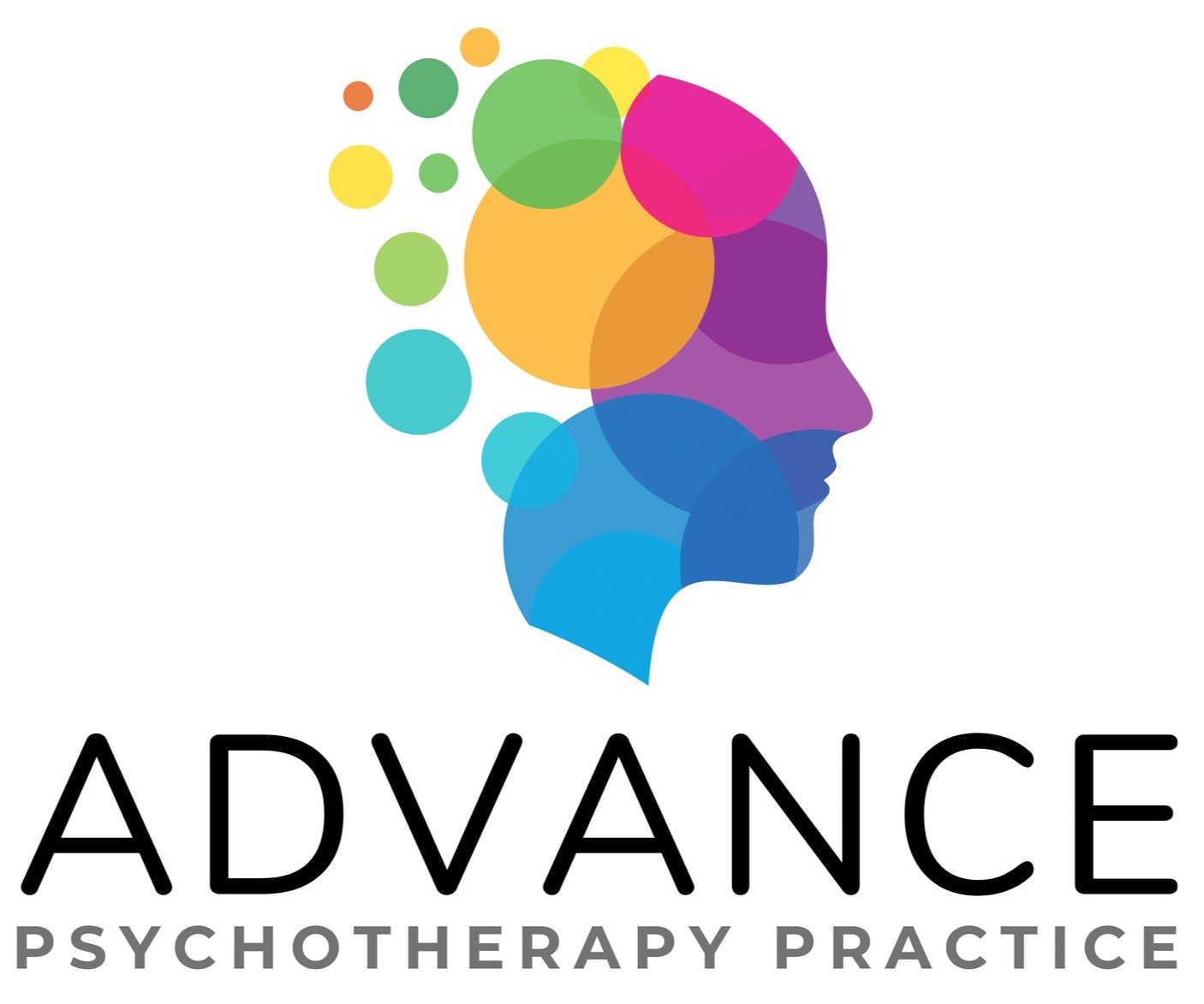Relationship & Sex Therapy Institute
Couples Therapy with the Gottman Method
At APP’s Relationship & Sex Therapy (RST) Program, our couples therapists use the Gottman Method—an evidence-based approach that helps partners strengthen friendship and intimacy, communicate more effectively, and navigate conflict with care.
All RSTI therapists have completed Gottman Method Couples Therapy Level I training.
What is the Gottman Method?
The Gottman Method is built on decades of research about what makes relationships thrive. It organizes healthy relationship skills into the Sound Relationship House—things like building Love Maps, sharing fondness and admiration, turning toward bids for connection, managing conflict, and creating shared meaning.
Our work together is practical and skills-based. You’ll learn and practice tools during sessions and, when helpful, between sessions.
The Standard Gottman Assessment
A thoughtful assessment helps us understand your strengths and the patterns that get you stuck. We typically recommend the following sequence of hour-long sessions, adjusted to your needs and schedules:
Session 1 (Conjoint)
Welcome: review of therapy policies and what to expect
Your story: what brings you in now, goals and hopes
Relationship history: how you met, high points, stressors, changes over time
Session 2 (Conjoint)
Background: Brief family-of-origin snapshots (each partner)
Sample conflict: A short discussion on a common difficult topic (you talk to each other; therapist observes patterns)
Preview: how individual sessions work and why they help
Session 3 & 4 (Two Individual Meetings)
Solo meetings: Each partner meets with the therapist to share perspectives, history, goals, and any sensitive topics that are hard to discuss together
Secrets: Therapists usually do hold undisclosed information between partners. We’ll review boundaries before starting.
Session 5: Feedback (Conjoint)
Sound Relationship House: The therapist reflects back core strengths and growth areas using the levels of the house.
Plan: We co-create a simple, focused plan to build on strengths and address growth areas.
Good to know: This is our “standard” map; we may compress, expand, or reorder steps to fit your situation.
About the Gottman Connect Questionnaires
Many couples find it helpful to add the Gottman Connect Relationship Checkup, a secure online questionnaire each partner completes at home. It deepens the assessment and helps target the most useful interventions.
What it covers: friendship and intimacy, managing emotions and conflict, values and goals, meaning, plus optional areas (e.g., parenting, money, trust).
Time: most partners take about 1–2 hours (you can pause and resume).
Cost: a one-time $39 fee, paid directly on the Gottman Connect site.
Privacy: each partner completes their own questionnaire privately. You won’t see your partner’s specific answers.
What your therapist receives: a clinician summary highlighting strengths and growth areas. During feedback, your therapist shares a simplified overview and recommendations—not your partner’s item-level responses.
How it works: Your therapist will prompt the Gottman Connect platform to send you an invitation.
Is the Gottman Assessment Required?
Encouraged, not required. We’ll decide together what level of assessment fits you best. Some couples benefit from the full sequence with the Relationship Checkup; others prefer a briefer start. Your therapist will discuss options and make a recommendation; the decision is collaborative.
What Therapy Looks Like After Assessment
Ongoing sessions may include:
Connection & friendship: everyday rituals of connection, affection, and fun
Constructive conflict: gentler start-ups, listening/validation skills, self-soothing, repairing after missteps
Shared meaning: aligning on values, life dreams, roles, and traditions
Personalized goals: your priorities (e.g., intimacy, trust, co-parenting, life transitions)
You’ll practice skills in session and may receive simple at-home exercises to keep progress moving between visits.


